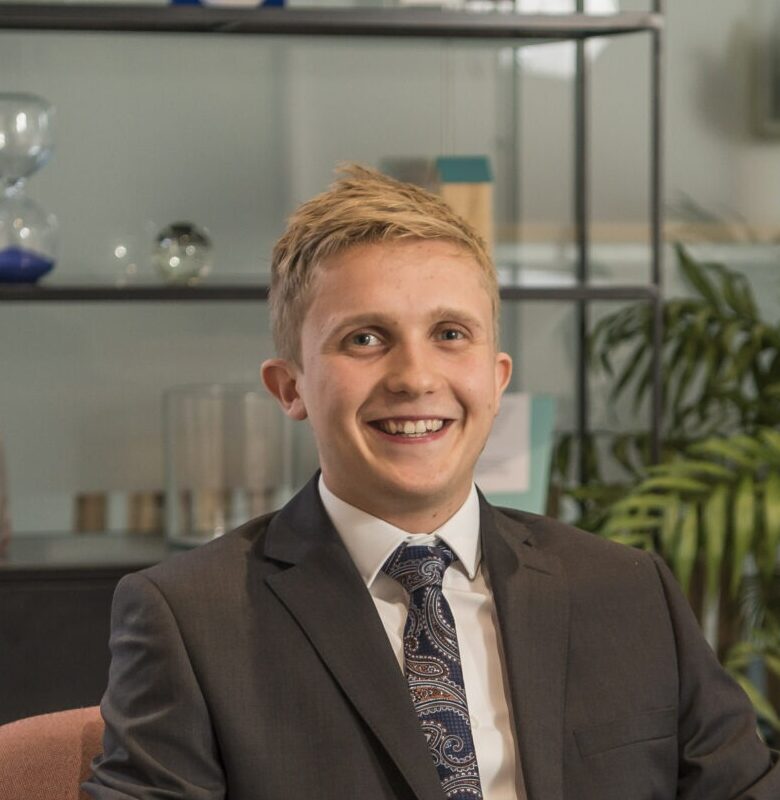
During my time as a PhD student on the NanoDTC programme at the University of Cambridge, I participated in EnterpriseTECH as a student in one of its earliest cohorts, and was subsequently selected for EnterpriseTECH STAR in 2020. My PhD research focused on the physics behind how the eyes connect to the brain during development. Before that, I studied Material Science and Engineering at the University of Manchester and worked on materials to promote bone and soft tissue regeneration. I also spent a year at a medical device company working on the clinical translation of a surgical haemostat.
In 2019, I entered two machine learning competitions aiming to predict the bandgap of materials given their chemical composition and the titles of academic papers based on their abstract. After winning both competitions, I became even more interested in machine learning and began consulting part-time, implementing machine learning algorithms for agritech and bioscience startups in Cambridge and London. During this period, I built core software and machine learning infrastructure for at 4 start-ups. One of which recently raised more than €1M of the back of the technology that I developed.
It was through my EnterpriseTECH activities that I met my co-founders, Max Jakobs and Andrea Dimitracopoulos, and we started working on a new company, DeepMirror where we are building the learning infrastructure for the Life Science industry to power the century of biology.
Drug discovery is a complex optimisation process with multiple cycles of drug selection, synthesis, and testing. Currently, bringing a drug to market costs companies €1bn and requires 10-15 years. About half of the cost is spent on the initial stages of R&D, where teams discover promising drug compounds and optimise them for safety and efficacy. Despite the immense amount of effort and capital invested, small molecule drug success rates remain low: over 90% of drugs do not make it from Phase I clinical trials to approval.
We believe that AI has the potential to reduce time and cost and increase the chances of clinical success. But successful adoption remains the privilege of a select few companies. That is why we set out to solve this problem with DeepMirror’s platform, which uses Small Data AI, an automated machine learning engine for small datasets, to learn from previous experiments to suggest the next optimal one to find drugs faster.
Our team is building an intuitive no-code cloud app that will empower researchers to make AI-guided optimal decisions. DeepMirror is on the Accelerate Cambridge programme, also at Cambridge Judge Business School, and is backed up by investors, advisors and customers. We’re very excited to be part of the growing community of entrepreneurs at the University of Cambridge. It has been an incredible journey so far, and I am looking forward to what comes next.




Leave a Reply